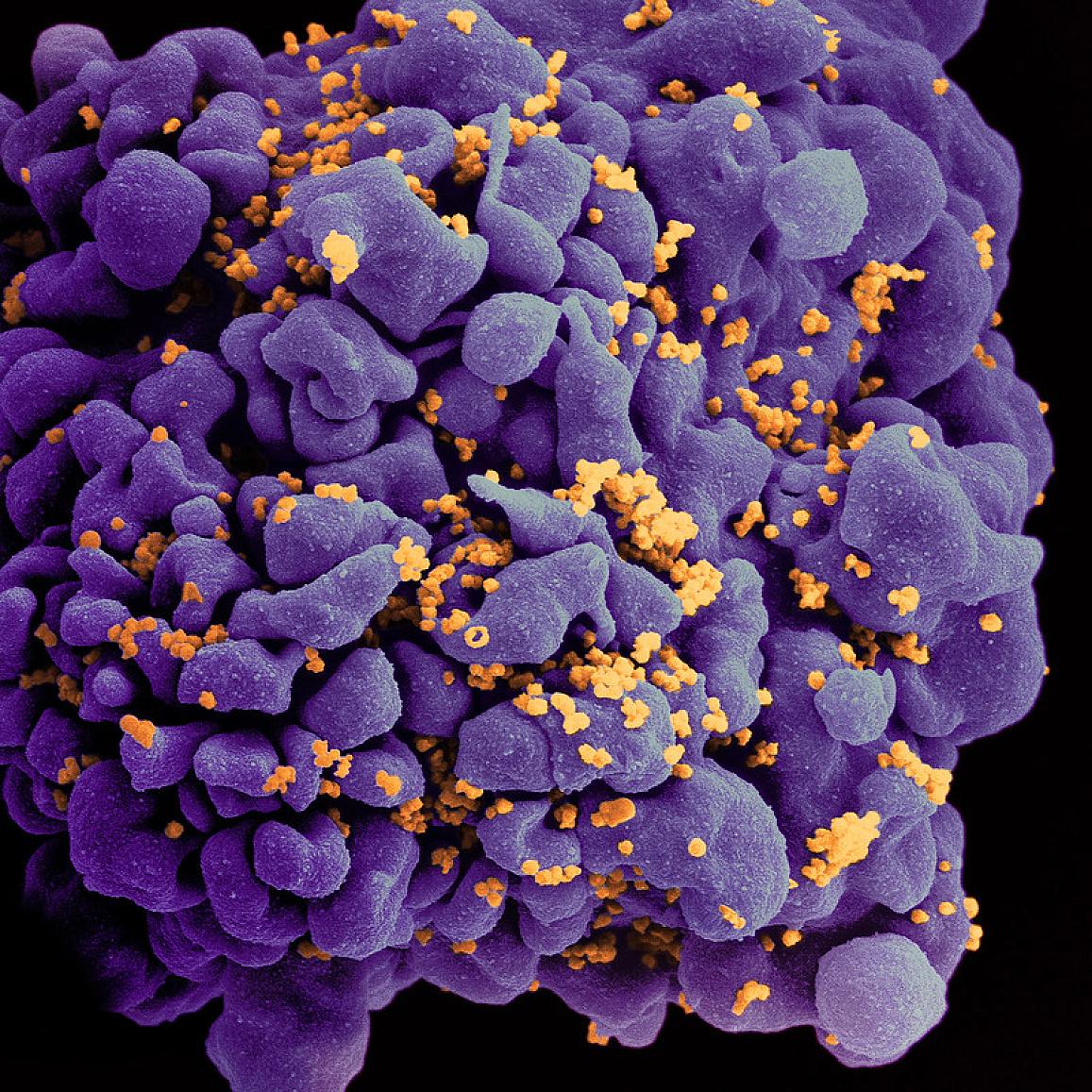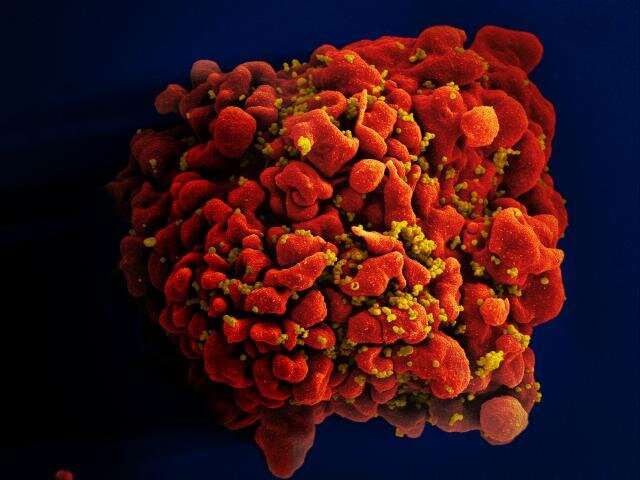According to a presentation at the Conference on Retroviruses and Opportunistic Infections (CROI) on Tuesday 15th February, a woman with HIV who got a cord blood stem cell transplant to treat acute myeloid leukemia has had no detectable HIV levels for 14 months despite stopping antiretroviral medication (ART). This is the third documented case of HIV remission following a stem cell transplant. The study which was led by Yvonne Bryson, M.D., of the University of California Los Angeles, and Deborah Persaud, M.D., of Johns Hopkins University in Baltimore, was conducted by the International Maternal Pediatric Adolescent AIDS Clinical Trial Network (IMPAACT) P1107 observational study.
The IMPAACT P1107 study, which began in 2015, was a U.S.-based observational study that aimed to describe the outcomes of up to 25 HIV-positive people who received a CCR5Δ32/Δ32 cord blood stem cell transplant for the treatment of cancer, hematopoietic illness, or some other underlying disease. As a result of the genetic mutation CCR5Δ32/Δ32, missing cells lack CCR5 co-receptors, which is what HIV uses to infect cells.
Scientists theorize that persons with HIV establish an HIV-resistant immune system by eliminating cancerous immune cells with chemotherapy and then transplanting stem cells with the CCR5 genetic mutation.

The case presented at the CROI meeting features a woman of mixed race origin who had been on antiretroviral therapy (ART) for four years when she was diagnosed with acute myeloid leukemia. After chemotherapy, she was able to attain remission from acute myeloid leukemia. The participant’s HIV was well-controlled yet detectable before the stem cell transplant. In 2017, she received a donation of CCR5Δ32/Δ32 cord blood stem cells from a relative, along with adult donor cells (called haplo cells). She engrafted with 100 percent cord blood cells at day 100 after the stem cell transplant and had no detectable HIV. The patient stopped using ART 37 months after the transplant.
Two examples of HIV remission following a stem cell transplant had previously been reported. The first, a Caucasian male known as the “Berlin patient,” had HIV remission for 12 years and was declared HIV-free; he died of leukemia in September 2020. For more than 30 months, the “London patient” (a Latino man) has been HIV-free. According to the study team, this third case of HIV remission suggests that CCR5Δ32/Δ32 cord stem cell transplantation should be considered to achieve HIV remission and cure in persons living with HIV who need such a transplant for other conditions.
Source: NIH




